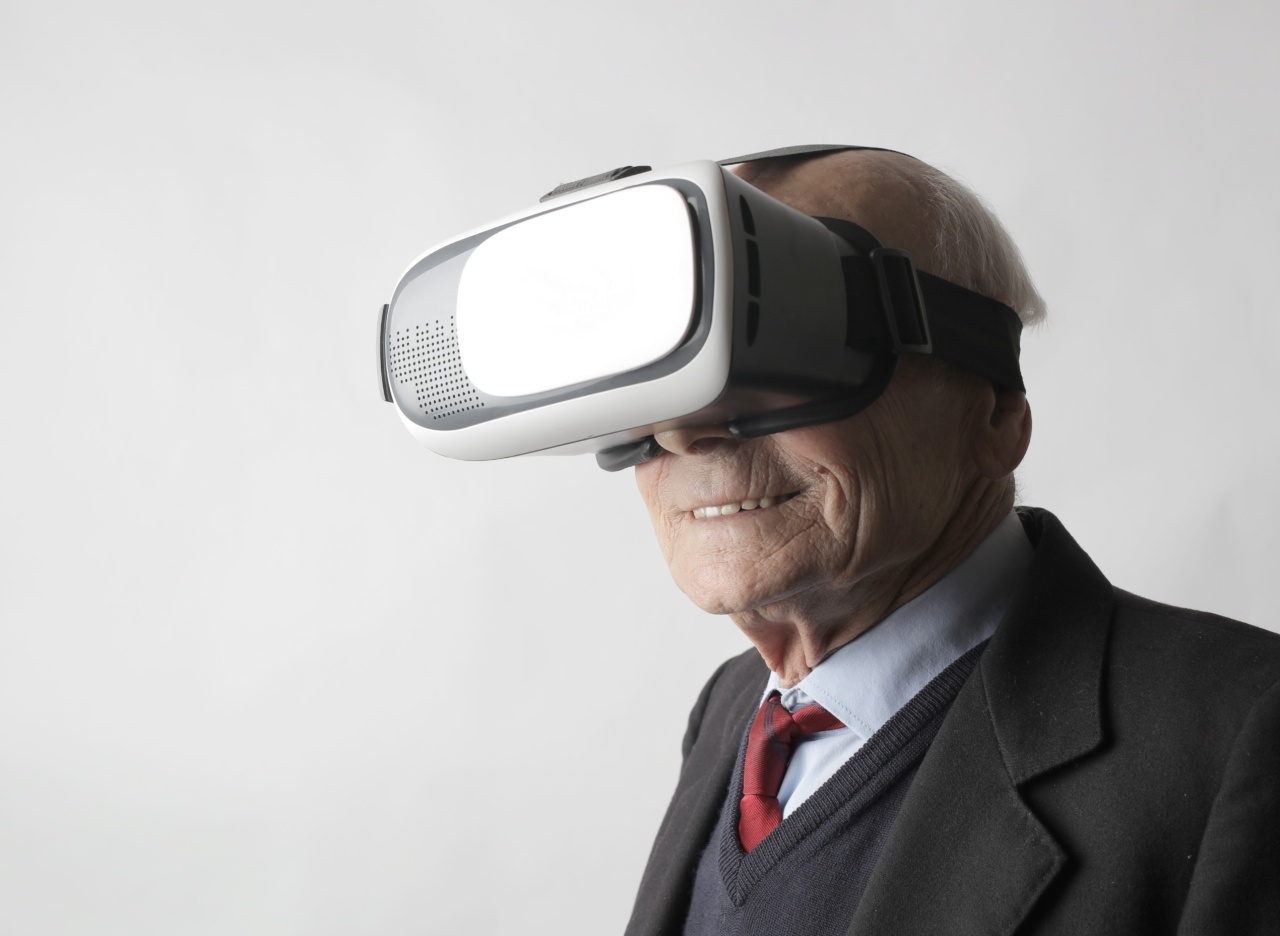Agoraphobia and epilepsy are two distinct medical conditions that affect millions of people worldwide. While they may seem unrelated at first glance, research has suggested a potential connection between the two.
This article aims to explore this connection, shedding light on how agoraphobia and epilepsy may be intertwined.
Understanding Agoraphobia
Agoraphobia is an anxiety disorder characterized by an intense fear of being in situations where escape might be difficult or embarrassing.
Individuals with agoraphobia often avoid places or situations that may trigger panic attacks, such as crowded spaces or being far away from a “safe” environment like home. It can severely impact an individual’s quality of life and may lead to social isolation.
The Basics of Epilepsy
Epilepsy, on the other hand, is a neurological disorder in which abnormal brain activity leads to recurrent seizures. Seizures can cause a wide range of symptoms, including loss of consciousness, convulsions, or temporary confusion.
Epilepsy affects individuals of all ages and can be caused by various factors, including genetics, brain injuries, or developmental disorders.
Shared Risk Factors
Studies have suggested that agoraphobia and epilepsy may share certain risk factors.
For instance, anxiety disorders, including agoraphobia, and epilepsy have both been associated with imbalances in neurotransmitters such as serotonin and gamma-aminobutyric acid (GABA) in the brain. Additionally, both conditions have genetic components, although the specific genes involved may differ.
The Role of Anxiety in Epilepsy
Anxiety disorders, including agoraphobia, are common among individuals with epilepsy. This could be attributed to the stress and uncertainty associated with living with a chronic neurological condition.
The fear of experiencing a seizure in public places can also contribute to the development of agoraphobia in individuals with epilepsy.
Epilepsy-Induced Phobias
In some cases, specific phobias may develop as a result of epilepsy. For example, a person who experiences a seizure in a specific location may develop a phobia of that place or similar environments.
This fear can gradually lead to agoraphobic tendencies as the individual tries to avoid situations that trigger anxiety or seizures.
Overlap in Neurological Mechanisms
There are also some overlapping neurological mechanisms between agoraphobia and epilepsy. In both conditions, the limbic system, which regulates emotions and memory, appears to play a role.
Dysfunctions in this brain region have been observed in individuals with agoraphobia and epilepsy, highlighting a potential shared pathway.
Treatment Challenges
Managing both agoraphobia and epilepsy can pose unique challenges in terms of treatment.
Anti-anxiety medications, such as selective serotonin reuptake inhibitors (SSRIs), may be prescribed to individuals with agoraphobia, but some SSRIs can lower the seizure threshold in individuals with epilepsy. This highlights the importance of a comprehensive treatment plan that takes both conditions into account.
Psychosocial Impact
Both agoraphobia and epilepsy can have a significant psychosocial impact on individuals.
The fear and avoidance associated with agoraphobia can lead to social isolation, while the unpredictable nature of epilepsy can result in anxiety and reduced quality of life. Addressing the psychological and social aspects of both conditions is crucial for holistic management.
The Need for Further Research
While preliminary studies have provided insights into the potential connection between agoraphobia and epilepsy, more research is needed to fully understand the relationship.
Longitudinal studies, genetic analyses, and neuroimaging techniques can help unravel the complexities of this connection, paving the way for more targeted treatments and interventions.
In Conclusion
In conclusion, agoraphobia and epilepsy may share some commonalities, particularly in terms of shared risk factors, overlapping neurological mechanisms, and the impact of anxiety.
Further research is required to elucidate the precise nature of this connection. By gaining a better understanding of how these conditions interact, healthcare professionals can develop more effective treatment strategies to improve the lives of individuals affected by agoraphobia and epilepsy.





























